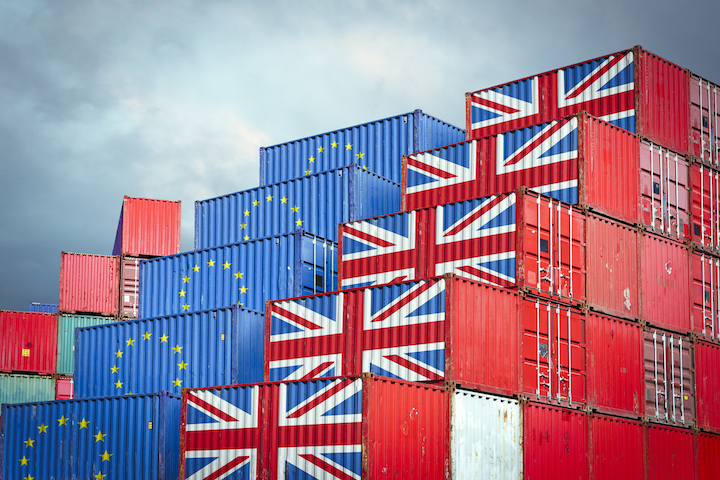Today, if you feel so inclined to celebrate it, is Brexit Day: the date on which, three years ago, Britain formally left the EU – although the transitional arrangements kept us effectively within the bloc for a further 11 months. But does anyone feel like celebrating? Only really in the Lincolnshire Wash, going by an opinion poll commissioned by the website unHerd.
Already a subscriber? Log in
Subscribe for just $2 a week
Try a month of The Spectator Australia absolutely free and without commitment. Not only that but – if you choose to continue – you’ll pay just $2 a week for your first year.
- Unlimited access to spectator.com.au and app
- The weekly edition on the Spectator Australia app
- Spectator podcasts and newsletters
- Full access to spectator.co.uk
Or





















Comments
Don't miss out
Join the conversation with other Spectator Australia readers. Subscribe to leave a comment.
SUBSCRIBEAlready a subscriber? Log in